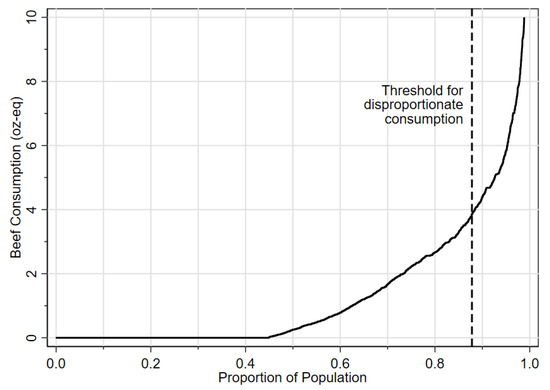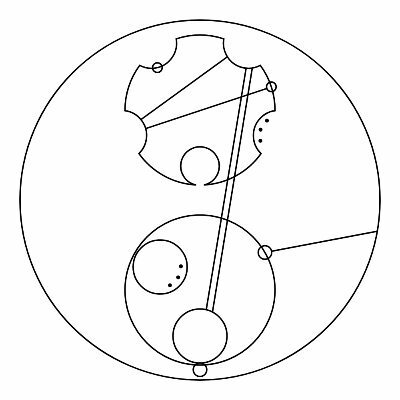This is the same study posted somewhere else. The survey is flawed in that they asked what people ate in the last 24 hours.
That simply means that those people ate a lot in the last 24 hours. Should have been over a week or a month to get a better distribution.
“We analyzed 24-h dietary recall data from adults (n = 10,248) in the 2015–2018 National Health and Nutrition Examination Survey (NHANES).”
Exactly. In a world where people at a big steak dinner once a week, you’d see a similar result.
Why would everyone be eating the big steak dinner the day before they were asked this survey question though?
I don’t totally agree. I’d be interested in grouping the data by “response day of the week”, but given that the sample size is 10k (which is huge in nutrition science) and that they didn’t all respond at the same time, there’s definitely enough response time variability to reduce short term seasonality.
Honestly if you asked over the previous week or month you’d probably just get less accurate responses and it’d skew the data even more.
That’s such a leading method for gathering the data. You just ate the one cheeseburger you have every couple of months right before the study? Welp, I guess you’re the person responsible for all the beef purchases now!
If that was all that was flawed… who actually takes time to do nutritional surveys? People who care about nutrition. And the current fad is that you should eat less meat. So a disproportionate number of them are going to under represent how much meat they eat. So it should say, only 12% of people who answered this survey were honest.
@pizzaiolo I first read this as 12 individuals. Thought that seemed excessive then remembered some eating contests I’ve seen in Texas…
Glad I’m not the only one that read it that way. Shame on me for reading the internet before the coffee kicks in.
Burgers Georg, who lives in a cave and eats over 10000 burgers a day, is an outlier and should not have been counted.
This just sounds like another version of the 80:20 rule or the Pareto principle.
“The Pareto principle states that for many outcomes, roughly 80% of consequences come from 20% of causes”
It is. This sounds like a hit piece. You could use this argument to make anything sound bad.
FWIW, I’m not a huge fan of MDPI; they’ve got something of a reputation for being shoddier on peer review than some other journals. I’d look for replication elsewhere before fully trusting this.
Does guys eat beef for breakfast
I’m doing my part!
This shit is so fucking stupid
deleted by creator
Data is garbage



